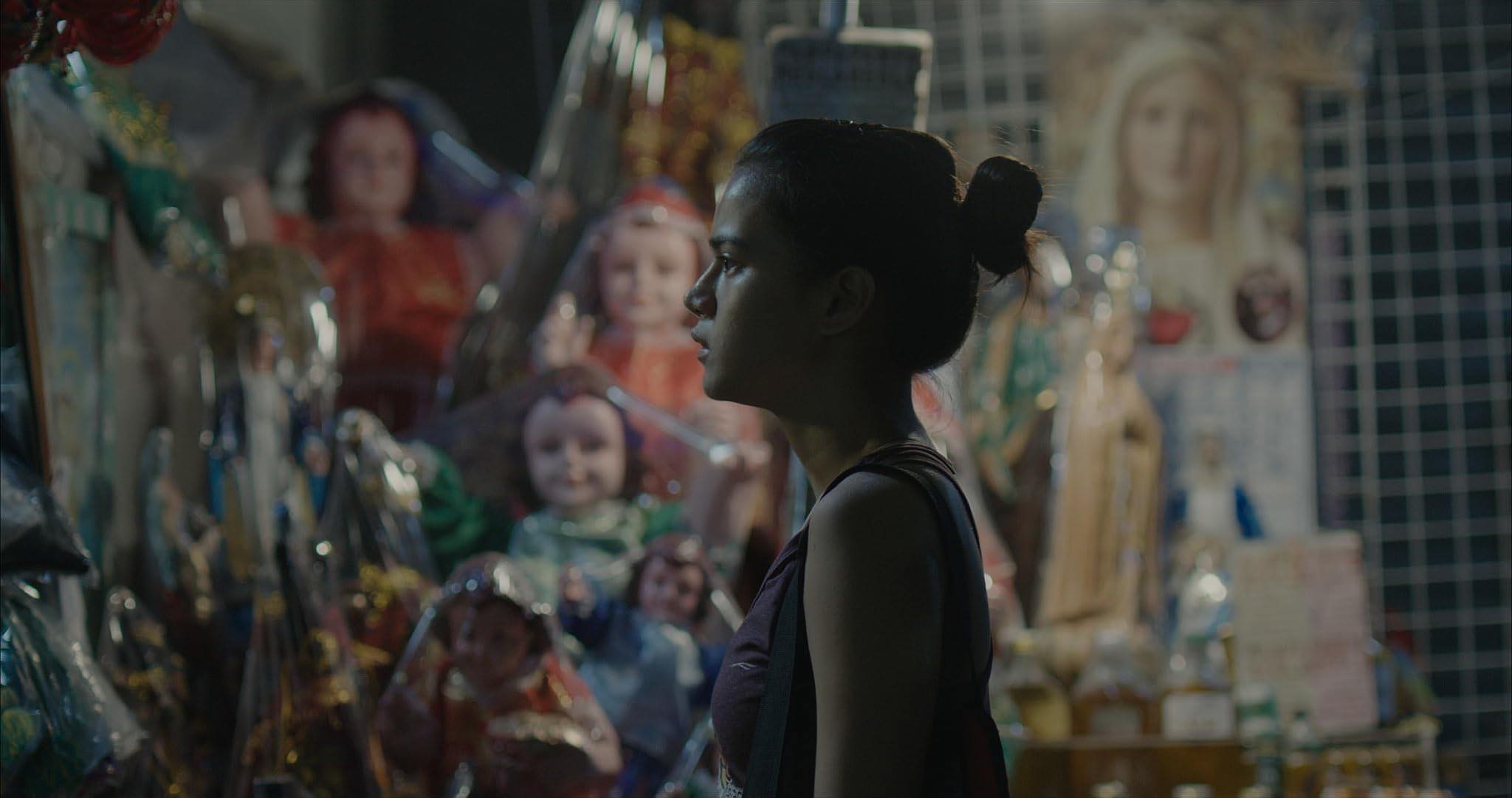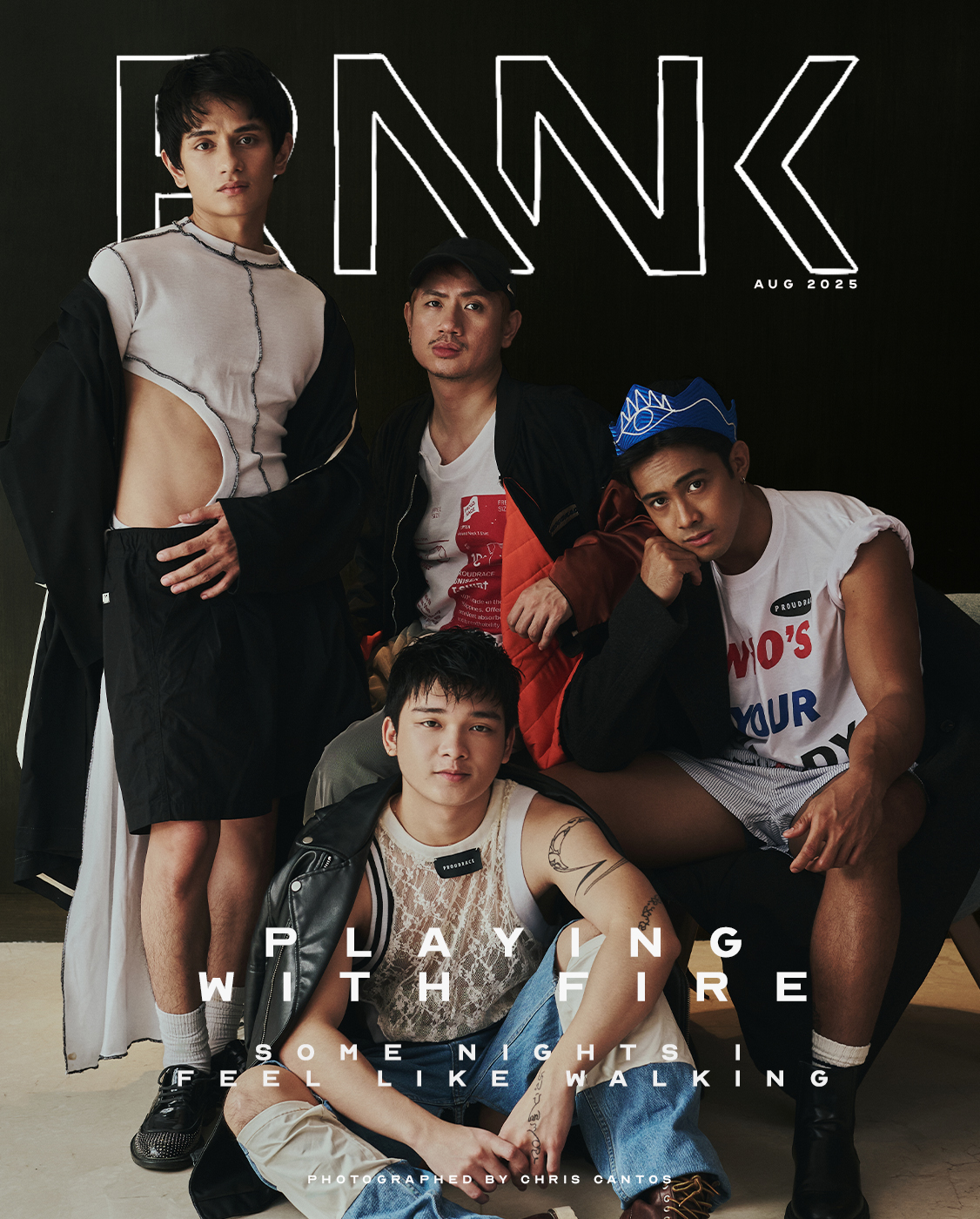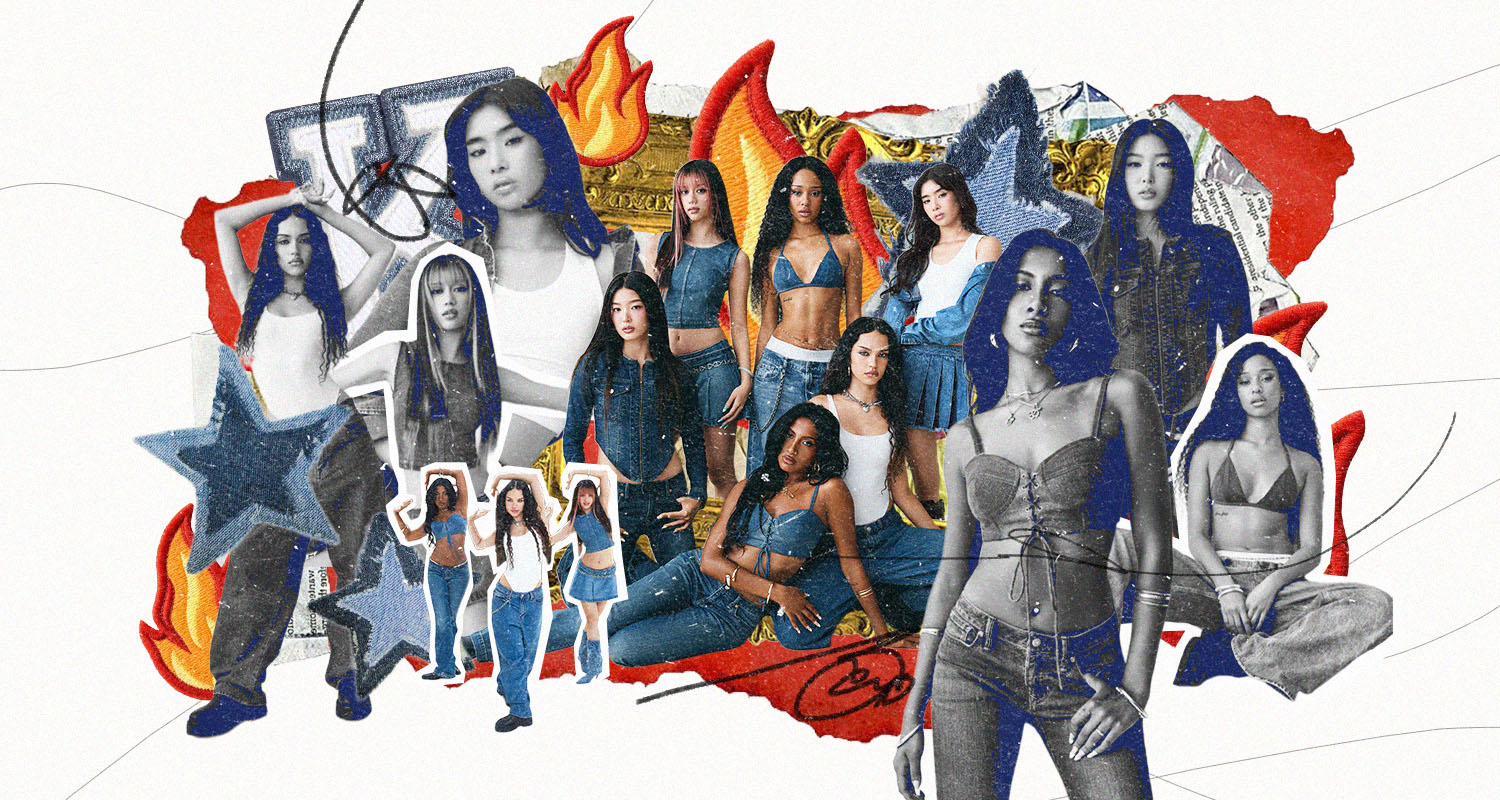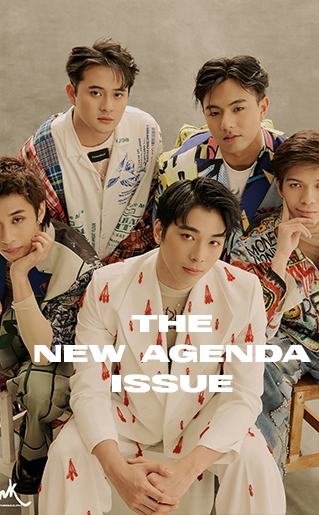After being carried to different parts of the world, Sunshine has finally come home. Directed and written by Antoinette Jadaone, produced by Dan Villegas, with Maris Racal in her most significant role and most well-rounded, and sublime performance to date, along with a wealth of top-tier actors like Annika Co, Jennica Garcia, Xyriel Manabat, Meryl Soriano, Elijah Canlas, and Rhed Bustamante, Sunshine is a film that illustrates the story of a young gymnast who grapples with the pain, and anxiety of an unplanned pregnancy while preparing for the Olympics.
In a country that stifles conversations on reproductive health, sex and sexual identity, teenage pregnancy, and with it abortion, the film showed how women are repeatedly placed in situations that deprive them of safety, autonomy, and rights most basic to humans—a right to a choice, and a right to have their own voice.
A Gloomy Reality
Frances Paulene Daco
In the gymnasium, in a dark, decrepit Avenida motel, the schools, her home, the Quiapo church and the premises around it lies Sunshine’s reality. Her hopefulness and dreams that echo inside the gym, and the noise and distress that blend within the streets of Manila. The film did not try to preach moral righteousness nor dictate the viewers what we had to feel or learn. It simply relayed the reality of young girls faced with the turmoil of an unwanted pregnancy. And in my opinion, against the backdrop of a repressed and polarizing discussion, the film did what it had to. To start by depicting the stories of the most relevant and the most significant— women.
Floating above the film’s multitude of themes is the feeling of guilt, fueled by religious and cultural influences. In a country like the Philippines, religion is often the center of almost everything, be it family, identity, freedom, or choices. But existing side-by-side with this concept is, also often, guilt. There is self-condemnation in doing things not grounded in religious beliefs, and it can be heard in Sunshine’s apologies outside the Quiapo church. She knows that she is about to do something that is not acceptable in the world she grew up in.
And she can already hear the judgments before they even come. From the pharmacist’s mouth, from her friend’s mother, from the doctor who asked her to apologize to Papa God. The moment she realized she was pregnant, she already expected what the world would think about her. So, despite the distress roaring loudly in her, she chose to navigate these struggles in whispers. We can hear her shushing other people from speaking too loud about her situation, and see her hiding in the bathroom, in her room, in the motel, and trying to disguise herself as part of the unaware Quiapo passersby. And that’s what often happens with discussions about sex, it is often hidden under the breath, in informal settings, in intimate conversations with friends, but rarely in nationwide and open discourses. Because if we do talk about it loudly, there will be anger, discomfort, and censorship.
The guilt and judgements are enveloped in Sunshine’s mental turmoil, which, more often than not, is also out of sight. And again, it reflects the stories of many teenage moms whose agony is overshadowed by their mistakes and shortcomings. In Sunshine, we were able to glance at what goes on in the mind of a woman who experiences an extreme dilemma and a lack of safe options. There is a tormenting chain of thought processes that goes behind the stories of girls like Sunshine, but they are often reduced to selfishness and irresponsibility. But the thing is— there is empathy in guilt. And in every Sunshine, there is a woman who feels like they owe their decision to everyone else.
And there should also be accountability in us. Because who told us that it is completely normal to expect children to be responsible about sex, while refusing to let them know all about it? The limited discussions about sex education does not protect children from immorality, it deprives them of the knowledge they truly need. The irresponsibility is not simply in them, it is in the grown people who can’t handle conversations about something very human.
And open discourses about this issue do not just forward knowledge, it also takes us closer to more accessible reproductive rights and healthcare, as well as better support systems for women—things that Sunshine needed.
Just like what Maris Racal said in media conferences and interviews, narratives about teenage pregnancy and abortion are often reduced to headlines and concepts. But these issues are nuanced, and Sunshine was able to humanize these stories. These topics are not simply debates or dialogues, they are real life experiences layered with emotional distress, stigma, grief, dreams, and more. Just as Sunshine is not simply a character, she is a reflection of many women, some in Quiapo, some in the rest of Manila, some in other parts of the country, some in our friends, some in our mothers, and some in ourselves.
No Room to Cry, No Place to Run, No Right to Choose
Margarette Nicole Gregorio
There’s something about Sunshine that doesn’t just linger but it presses. Not with melodrama or force, but with truth. The kind of truth that many women carry quietly, daily, and often alone. It showed a situation that many women know too well, getting pregnant, not being ready, and knowing deep down that you might not even have the right to decide what happens next.
The film, without being preachy, puts a spotlight on the weight women are forced to carry in situations like unplanned pregnancy that is something so common, yet still treated as taboo or shameful. And what stayed with me most was how quickly the burden falls, and how deeply it lands, on the woman. In the story, the pregnancy doesn’t come from violence or abuse and it’s simply the result of a choice, made consensually by both parties. And yet, once the consequences arrive, only one of them is left to carry it. It becomes her problem.
But even with that awareness, it’s the woman who’s left to carry all the weight. She’s the one who gets judged. The man walks away untouched. He doesn’t get blamed. He doesn’t get labeled. He just gets to leave. She’s the one called disgrasyada like she did something shameful, even though they both made the same choice. As if that one moment now marks the rest of her life. Like she’s permanently stained. But then I wondered what do we call the man in that same situation? The one who walks away? There’s no word. No name. No shame. He moves on. Often even comforted or excused. Meanwhile, the woman faces judgment, isolation, and in many cases, abandonment and sometimes even from the people closest to her.
And beyond the personal, there’s the painful reality: in the Philippines, abortion is still illegal. Always. No exceptions, not even for rape, incest, or life-threatening cases. That means the only remaining options are unregulated, unsafe, and underground. Pills from unknown sources. Desperate attempts through hilot. Risky backdoor procedures. All of them dangerous. Some of them fatal. It’s dangerous, terrifying, and it’s still illegal. But sometimes, there’s no other choice. Because the system would rather let a woman die than let her choose. And somehow, the woman is still the villain.
And yet we’re told this is what being “pro-life” looks like. But I ask: whose life are we protecting? Because if a woman dies trying to survive the system, is that really pro-life?
Hospitals are meant to be places of healing and not places that turn women away for failing to meet a moral checklist. And if a woman seeks help and is refused because her reasons aren’t “valid enough,” isn’t that a form of violence, too? One that endangers her not just emotionally, but physically?
Until we create a country where women have access to safe, legal, and compassionate healthcare, we are forcing them into desperation. And to me, that is far more immoral than abortion will ever be.
It’s frustrating. Because the law assumes women can’t be trusted to make decisions about their own bodies. It erases the idea that maybe she simply doesn’t want to be a mother. That maybe she has plans, a future, a self she’s still trying to build. That alone should be valid. That alone should be enough.
Sunshine reminded me that our country still struggles to see women as full decision-makers. It gave voice to that internal battle so many carry knowing what’s right for you, but being told you’re wrong by laws, by systems, by everybody who never put anything in your life. And it made me ask: Why are we still here? Why is something as basic as bodily autonomy still up for debate? Why do we still have to fight for the right to not be punished simply for being a woman?
And I keep asking: why is it still like this?
Why are we still begging for the right to make decisions about our own bodies? Why is it still considered a sin to choose ourselves? Why are we forced to suffer in silence just to keep everyone else comfortable?
Sunshine gave that silence a voice. But the fact that we still need stories like this to make people listen, and that we still have to prove our pain says so much about how far we have to go.
I left the theater not just moved by the film, but unsettled by how familiar it felt. The story is fiction but for many women, it’s reality. And the scariest part is that we’ve been screaming for change for years. Still, we’re here. Still begging to be heard.
As a woman, I’m tired. I’m tired of living in a system that was never built for us. I’m tired of the judgment, the labels, the fear. I just want us to be allowed to choose not because something horrible happened, not because we have to beg, but simply because we are human.
And that should be enough.
Production still from Project 8 Projects via Facebook.
A Miseducation
Ashley Pino
Sunshine is a film more than its main theme of abortion in the face of teenage pregnancy. As it delves into the topic of feminism, abundance of religious perspectives, and most importantly, its mirror to the current state of sex education in the country. It’s not news that there have been many women who have once set foot in the shoes of the titular character. What’s worse is that our long problem with teenage pregnancy has never gone away, even with the influence of progression of the new ages.
As the film explores Sunshine’s struggles to navigate her life back from an unwanted pregnancy, she’s met with realities of other people having her struggles — even others from the poorest and darkest households with girls younger than her. Bone-chilling as it may seem, but the glimpse is not far away from reality. With the current alarming rates of teenage pregnancy in the Philippines, having over 500 girls aged 13 to 19 becoming mothers daily, it becomes a wonder if what the nation is doing to prevent these numbers from increasing, or if there’s barely enough efforts to begin with.
More and more girls who are supposed to chase their dreams like Sunshine are instead facing lives becoming mothers. Despite the country’s reputation to have alarmingly high statistics of pregnancy, you would think that the country is open on tackling healthy discussions regarding sex.
Sadly, it’s not. In actuality, it is the biggest problem.
Recently in a press conference with the cast and crew of Sunshine, actor Jennica Garcia advocates for early exposure to sex and boundaries in a healthy way as she shares how she’s openly teaching her children at a young age to be familiarized with private parts and what is and what’s not okay when setting boundaries with your body. Unfortunately, as ideal as it sounds, it still comes across as a foreign subject in today’s age of social awareness and political correctness.
Imagine if young women like Sunshine were instead already exposed with “the talk”. Imagine the healthy relationship they would have with their bodies once they fully understand what to do with it responsibly. Imagine the absence of needing to sugarcoat and diminish private parts into cutesy euphemisms, with freedom to say “penis” or “vagina” without making it sound like a curse word.
It all falls down to a deep spiral of wonder: If girls like Sunshine were introduced to healthy conversations of sex without the societal ridicule and shame, would they be facing their abrupt maternal dilemma in the first place? Will the sun ever shine to an environment where sex is welcome for safe discussions and not just a taboo topic for young women and children?
If so, Sunshine could have known better to trust condoms, or to know that the pull-out method is a scam, or to be painted as a slut just because the older people failed to educate her and have a welcoming atmosphere to view sex as if just talking about it already counts as a sin to the Creator.
Dimmed Progress
Czairus James Ronquillo
Conversations about abortion are always passed by, even oft-neglected among the variety of choices in the topic of sex and of women’s reproductive health, in general. But not the award-winning film, Sunshine. They took it as important as the main course among the selection.
All said and done, we all know where the plot is going—a dreamer who had to make a life-changing decision to pave the way for the ribbons to sway. Upon unfolding the story, contradictions and irony persisted: the duality of principle and beliefs.
It is funny how we see ours as a religion-centric country, but under the praised image sits a mechanism that clashes with religion and the progressives’ viewpoint. However, for some, it is an option, one that should be considered without judgment. Until when are we using our religions and beliefs as a card to decline progress?
In a movie room composed of spectators of different ages, you’ll sometimes ask yourself if you are watching a heavy drama or a comedy film. Yes, there are parts that you need to stretch your mouth wide and have your tummy ache, but not in the situation where Sunshine is completely crashed out and is finding doors to escape the room of atrocity. Maybe we came from different generations who have different understandings, and this is where the conflict arises, not everyone sees the message as others do.
“Eye-opener” they say, thanks to Sunshine for mirroring reality. However, decades have passed since efforts have been made. Not to change the narrative, but to reflect that talks on abortion and women’s reproductive health deserve a spot at the table of conversation. Since then, our eyes can open, but some choose to stay out of sight. The bravery of the film defeats the sensitivity and conservatism that is the longstanding opponent of progress.
On the other hand, the film introduces a tale of a dreamer and how your choices matter and can be the top tier. One who has a bright vision of what she wants. Sunshine carries the story of young dreamers, the obstacles that can arise midway through, and how to stand up and handle them with grace.








